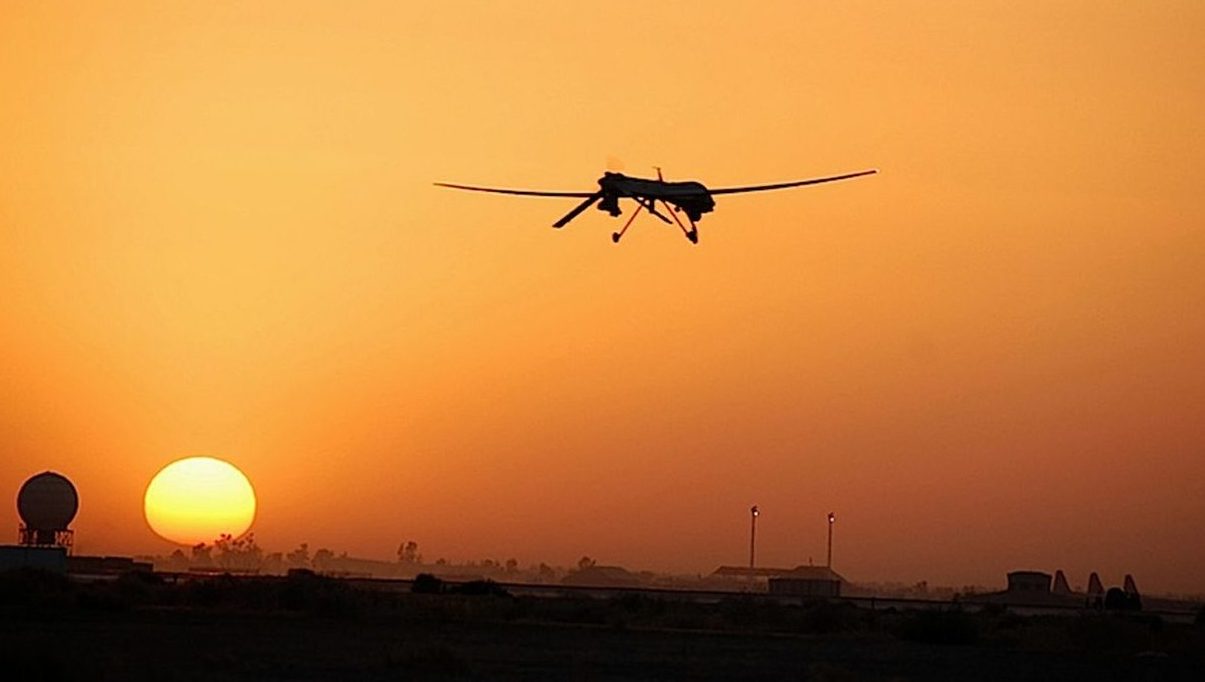MWI Podcast: Assessing Emerging Trends with US Army Asymmetric Warfare Group’s Col. Michael Loos
In this Modern War Institute podcast, US Army Asymmetric Warfare Group commander Col. Michael Loos discusses emerging threats and AWG’s role in enabling the Army to defeat them.
Read More





